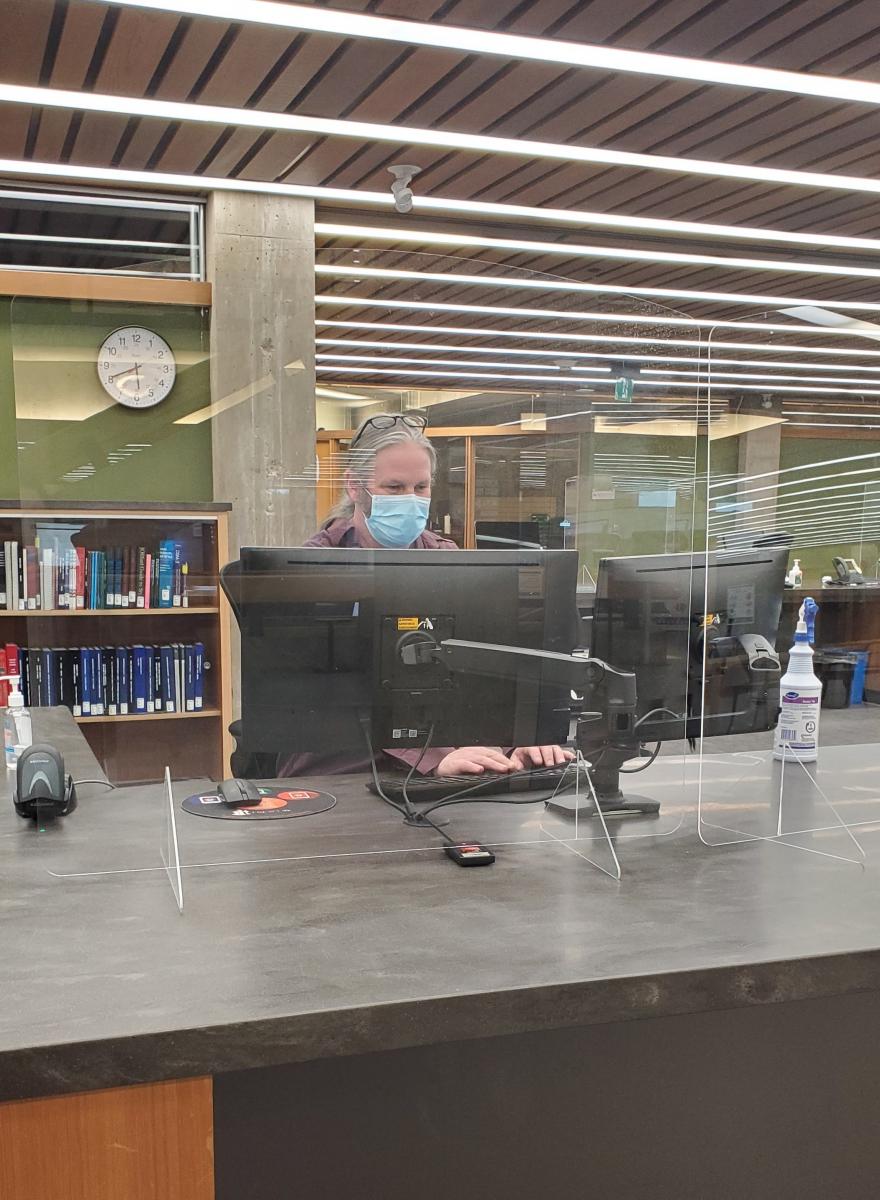
A scholarly resource must be written by a scholar - an expert in the field, usually with a PhD or equivalent qualifications.
- Scholarly resources usually tell you about the author, so that you can assess whether s/he is a reliable expert on the information presented.
It's common for scholarly works to have more than one author, because research is often a group process.
- The first author listed is called the "lead author". This may be the only author for whom information is provided, or there may be information on all the authors.
- Sometimes one author is a PhD and the other authors are graduate students working with him/her. Be sure at least one author is an expert.
In a book, look for a blurb about the author(s), often at the front. In an article, it may be beneath the list of authors, at the bottom of the first page, or at the end of the article. At the very least, you should be able to tell where the author works.
The following chart outlines what you should look for in the author credentials. There are weak examples which suggest the article is not scholarly, and strong examples which indicate it might be scholarly.
| Criteria | Weak Examples (Possibly NOT an expert.) |
Strong Examples (Probably an expert.) |
|---|---|---|
| Where do the authors work? |
A business. |
A University. (It doesn't need to be an important University.) A research center. A hospital. A government agency or research unit. |
| What are the authors' job titles? |
Student. |
Professor. Head of a department. Head of a unit or team. Researcher. |
| What credentials do the authors have? | Experience in the field. No information provided. |
PhD MD (if it's a medical topic). A specific professional designation. |
Don't click on the author's name to find information about her/him. That will usually perform another search for other items written by that author. Scan the pages of the article for the information.
Practice
The following link takes you to an online article. Look at the authors' credentials (bottom of the page) and determine whether you think s/he qualifies as an expert.
What Does the M23 Want? Newsweek 160.24 (Dec 10, 2012) p16.
Expert or Not Expert?
This completes the section on scholarly authors. Return to the Scholarly Resources page or proceed to read about Bibliographies.



